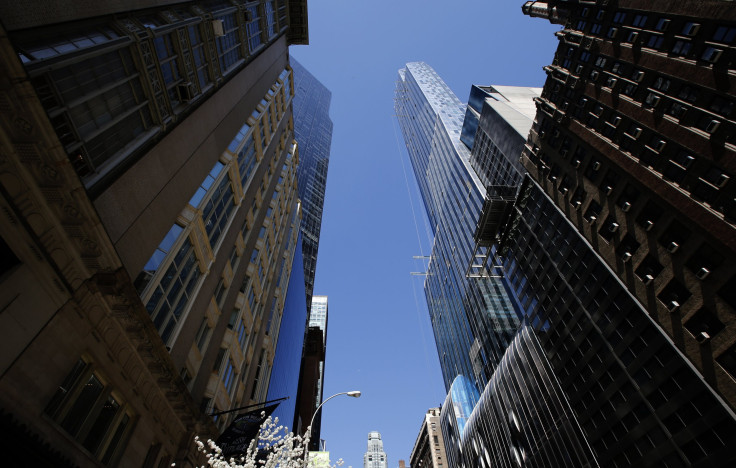US Treasury Cracks Down On Secret, All-Cash Purchases Of Luxury Real Estate

In an effort to clamp down on illicit money flowing into the real estate sector, the U.S. Treasury Department announced Wednesday it would increase scrutiny of high-end residential properties purchased in cash, often by shell companies that shield the purchasers’ identities. The initiative, which will start on March 1, aims to shine a light on all-cash transactions in Manhattan, New York and Miami-Dade County, Florida — two regions that have become major destinations for illicit global wealth.
In a statement released Wednesday, the Treasury Department said the new directives, or Geographic Targeting Orders (GTOs), would require all-cash buyers of high-end properties to reveal the true “beneficial owner,” which would prevent them from hiding behind a string of shell companies.
Under the temporary orders, which will last 180 days, the onus of discovering and submitting identities of the buyers would fall on title insurance companies, which are involved in almost all real estate sales. The names would then be included in a government law-enforcement database but would not be made public.
In Manhattan, the initiative requires buyers in sales of more than $3 million to be reported, while in Miami-Dade County, it requires reporting sales of more than $1 million.
“Over the years, our rules have evolved to make the standard mortgage market more transparent and less hospitable to fraud and money laundering. But cash purchases present a more complex gap that we seek to address,” Jennifer Shasky Calvery, director of the Financial Crimes Enforcement Network at the Treasury Department, said in the statement. “These GTOs will produce valuable data that will assist law enforcement and inform our broader efforts to combat money laundering in the real estate sector.”
According to an estimate by the Wall Street Journal, there were more than 1,800 transactions worth more than $3 million in Manhattan last year. Across the nation, nearly half the residential purchases of over $5 million in recent years have been made by shell companies rather than people.
According to data analyzed by Reuters, a third of home purchases made in the U.S. since 2011 were all-cash, allowing “transnational criminals” to secretly invest millions of dollars of dirty money in the country.
While the Treasury Department already requires mortgage lenders to scrutinize buyers, all-cash transactions have remained a blind spot that has so far evaded oversight.
“Repeated anecdotal information where we see criminals of different stripes putting money into real estate all suggest to us that this is an area we need to pay attention to,” Calvery told the New York Times.
© Copyright IBTimes 2025. All rights reserved.






















